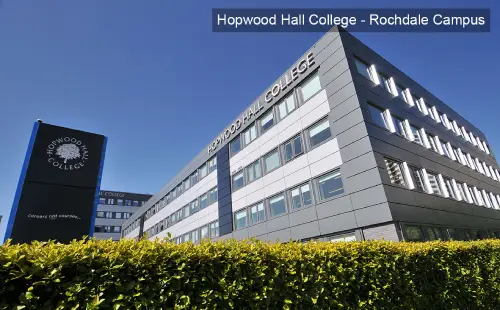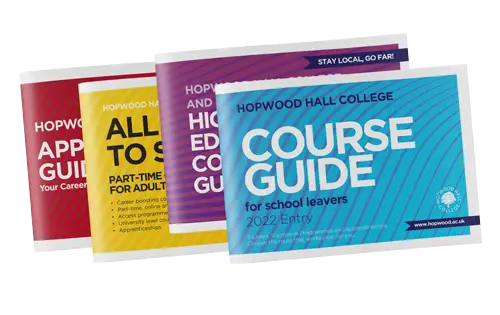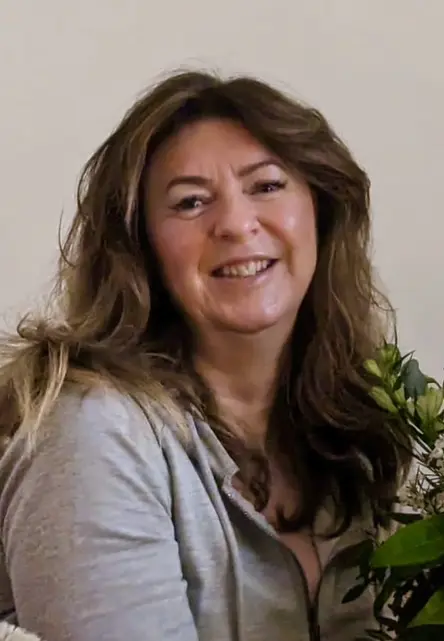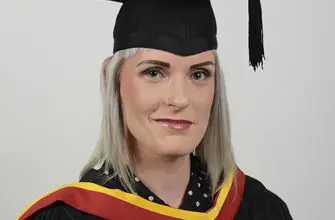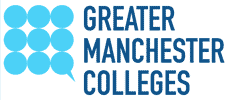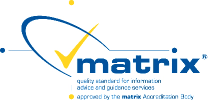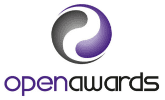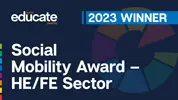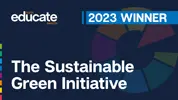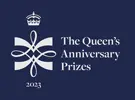It is desirable that you have an English and Maths GCSE at grade C/4 or above, or equivalent e.g. Functional Skills Level 2 qualification in Literacy and Numeracy.
However, we may be able to accept students without Maths, if their preferred university course does not require a Maths qualification.
In addition, it is possible to take a Maths GCSE alongside the Access to Humanities Diploma.
The Access to Humanities Diploma consists of three core modules, with five units in each module:
- Psychology
- English [Appreciating a Novel; Appreciating a Play; Appreciating Poetry; Gothic Fiction; World Literature]
- History [The campaign for Votes for Women in Britain; The Russian Revolution and Communism; The Rise of Hitler in Germany; The Holocaust; conflict in the Middle East]
It also includes two research-based units in which you can develop your interest in topics of your choice.
The course is delivered through a mixture of lectures, class discussions, small group work and independent study, and their will be enrichment opportunities such as visits to relevant social, cultural and historical places of interest.
You will receive expert advice, guidance and assistance in applying for university, and you will be supported through your studies by a team of highly qualified academic and support staff.
Access programmes requires attendance for 14 hours a week over 34 weeks. Level 3 students can, in some cases, combine evening with daytime study depending on their chosen pathway.
Please be aware that successful completion of an Access to HE Diploma does not guarantee a place at university.
There are no formal work experience requirements for this course.
The course leads naturally to many vocational and academic degrees in the arts, humanities and behavioural sciences – such as degrees in History; Law; English; Philosophy; Creative Writing; Sociology; Politics; Public Administration; Social Policy; Psychology; Marketing; Social Research and Business.
After university, you can pursue careers in areas such as: education and teaching, the media and journalism, editing and publishing, the arts, politics, educational welfare, local government, law, social work, social research, public relations, human resources, social policy, and business and management.






